In a stunning turn of events, Ukraine’s forces, under the leadership of President Volodymyr Zelenskyy, managed to capture not just any soldiers but two North Koreans who were fighting alongside Russian troops in the Kursk region. The news sent shockwaves through diplomatic circles and raised eyebrows worldwide.
The incident unfolded as Kyiv launched a new offensive in Kursk, building on its previous successful cross-border raid last August. During that daring operation, Ukrainian forces surprised everyone by overwhelming Russian border guards and seizing control of towns and villages deep within Russian territory.
Despite the efforts of Russian President Vladimir Putin to mobilize additional support from North Korea, his forces continued to struggle in their attempts to regain lost ground. The involvement of North Korean troops added a new layer of complexity to an already volatile situation.
According to President Zelenskyy’s announcement on Saturday, the captured North Korean soldiers were wounded during the confrontation and are currently under the care of Ukrainian authorities. “They are receiving necessary medical assistance,” he stated in a post on Telegram, shedding light on the humanitarian aspect amid the chaos of war.
The Security Service of Ukraine (SBU) has taken custody of these prisoners of war, viewing them as crucial evidence linking North Korea directly to the conflict raging between Russia and Ukraine. In a separate post on Telegram, the SBU emphasized that communication with the captives posed significant challenges due to language barriers.
“This task was not an easy one”
remarked Zelenskyy about capturing the North Korean soldiers. He highlighted the complexities involved in ensuring their safe apprehension amidst hostile conditions where adversaries often eliminate any traceable links pointing back to their involvement.
As details continue to emerge regarding this unprecedented event, experts speculate on how this development might impact international relations. The presence of foreign fighters from countries like North Korea adds a new dimension to an already complex geopolitical landscape.
The saga involving Ukraine’s capture of two North Korean soldiers serves as a stark reminder that modern conflicts are rarely confined within national borders. It underscores how alliances can shift unexpectedly and how smaller players can become entangled in larger power struggles beyond their immediate control.
This gripping tale captures not only a military feat but also highlights broader themes such as international cooperation, strategic maneuvering, and ethical considerations during wartime. As tensions escalate and global attention focuses on this unfolding drama, one can only wonder what twists and turns lie ahead in this high-stakes game of chess played out on real-world battlefields.




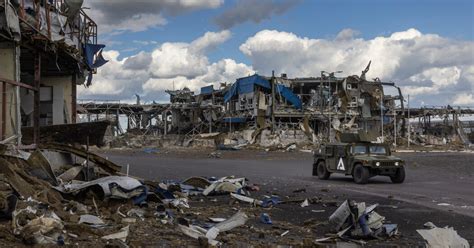

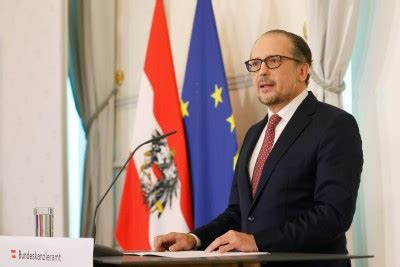
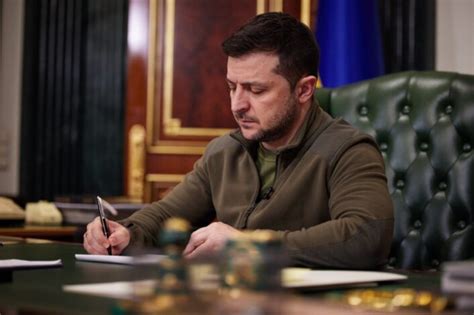
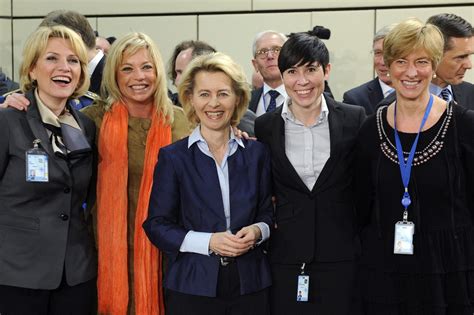

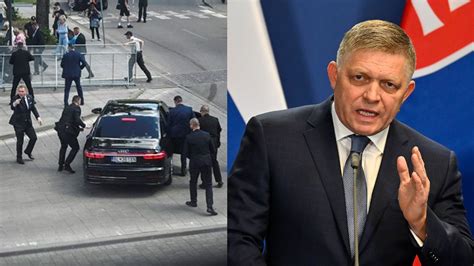
Leave feedback about this